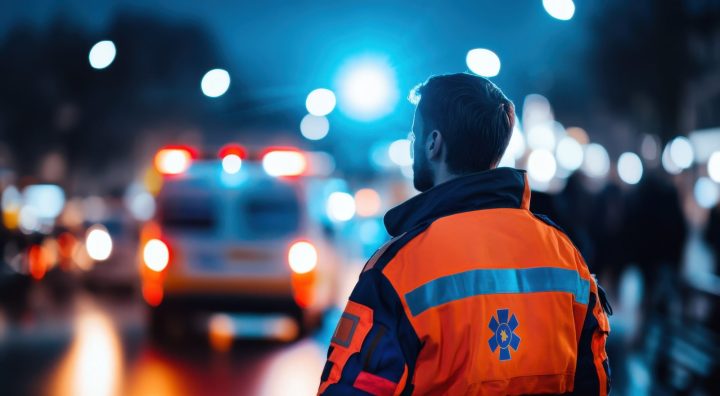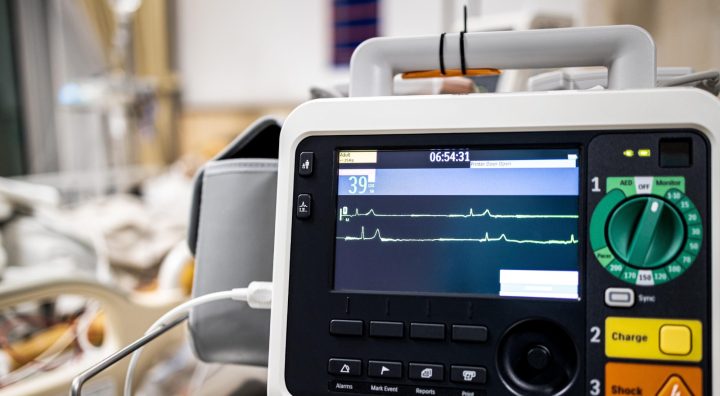The Pitt: How A Television Medical Drama Is Saving Lives
Dr. Sylvia Owusu-Ansah explains why this accuracy is so important and how it could help strengthen patient-doctor relationships.


Dr. Sylvia Owusu-Ansah explains why this accuracy is so important and how it could help strengthen patient-doctor relationships.

Would you get a brain implant? Is the ER a place for kids? We may soon have bionic skin.Listen to this before becoming vegetarian.

Casey Qadir explains the advantages of this new device and her experience as a female entrepreneur in a male-dominated space.

Dr. Ricardo Nuila discusses why the safety net hospital model may be more effective than the standard, privatized healthcare approach.

An expert explains the most important steps to take when you’re in a crisis that will give you the best chances of survival.

Experts discuss this phenomenon and share tips on how to safely make it through the holidays.

Theo Krzywicki explains the signs of an overdose and how to use life-saving devices like Naloxone.

In 1966, Americans were more likely to die from a car crash than soldiers in the Vietnam War. Most people needing emergency assistance were carried to the hospital in the back of a police car. In his new book, Kevin Hazzard uncovers how our modern-day paramedics came to be.

As an ER doctor, Jay Baruch wears many hats. He’s a healer, listener, traffic director, and so much more during each shift. But in such a chaotic space, how can doctors maximize their time with patients?

Bond is a private security company that’s betting big on drones working alongside first responders in emergency situations. We dive into how these robots can improve response times, provide more on-scene information, and more.

The No Surprises Act protects patients from having to pay for emergency services at out-of-network facilities and other similar situations. Katie Keith describes why this law is necessary to protect patients.

According to the Geneva Convention and other agreements, health facilities and workers are supposed to be protected from the violence of war. However, they’re targeted much more often than most people know. A noted expert in the field discusses how this violence happens, its consequences, and how international organizations may be able to turn this trend …
Subscribe to get the latest from Radio Health Journal directly in your inbox.

